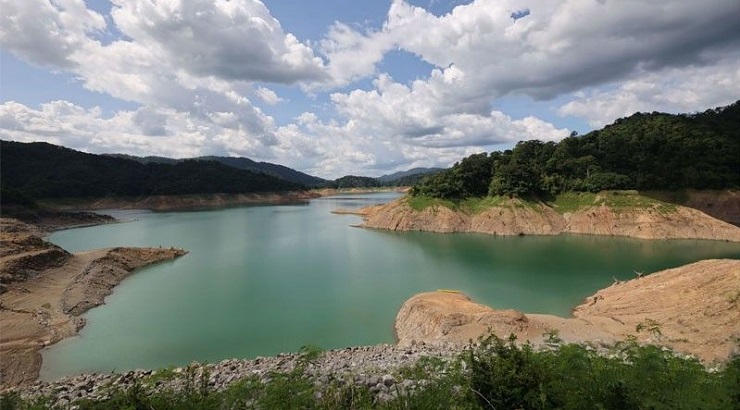Infrastructure
Work to Begin on Arror, Kimwarer Mega Dams
The projects were discontinued in 2018 due to a financial scandal.

Kenya has struck a deal with Italian contractors over the controversial Itare, Arror, and Kimwarer dam projects to restart work on the multi-billion-shilling projects.
This follows a meeting in Rome, Italy over the weekend, where Kenyan officials got to have an input session with their Italian counterparts, as well as the representatives from the Italian firm CMC di Ravenna, which was contracted to do the job.
The Ministry of Water on Sunday disclosed that the Italians had agreed to work with Kenya to expedite the resumption of the three projects without delay.
“PS Water and Sanitation Dr Kipronoh Ronoh held a negotiation meeting with the Italian govt in Rome to consider the resumption of work for Itare, Arror and Kimwarer dams,” the ministry said in a press release.
“The Italians agreed to work with Kenya towards a lasting solution to resume work immediately.”
Foreign Affairs CS Alfred Mutua and Solicitor General Shadrack Mose were also in attendance at the Rome meeting as part of the Kenyan delegation.
The Arror and Kimwarer dams are expected to cost Sh66.5 billion, with Sh38.5 billion allocated to the Arror dam and Sh28 billion to the Kimwarer dam.
CMC di Ravenna won the tenders to build the dams, but the projects were stopped five years ago after funds were allegedly misappropriated by government officials.
President William Ruto recently announced that he would preside over the launch of the two projects soon to address the issue of water shortages.
“I know there have been a lot of issues concerning the two dams, but I want to assure you that we will soon roll out its construction,” Dr Ruto said.
The president added that 100 dams would be built or de-silted countrywide through Public-Private Partnerships in a bid to address water shortages and boost food security, instead of relying on rain-fed agriculture.
In June 2018, a team of engineers from Europe began preliminary preparations for the construction of the two mega dams.
The engineers conducted mapping and evaluation to enable piping for the dams, which were to be launched by December of that year.
All was well until the project was hit by a financial scandal that later caused the departure of the then Finance minister, Henry Rotich.
Meanwhile, 23 private investors have expressed their interest in building 33 dams across the country using the public-private partnership (PPP) model.
RELATED: List of Ongoing Mega Dam Projects in Kenya
The government advertised an expression of interest for the dams in June and the response was positive, according to the Water Cabinet Secretary Alice Wahome.
“The response has been good and once we complete the process of evaluation, we will invite the winning bidders to undertake the projects,” Ms Wahome said.
The official, who was addressing the National Assembly’s Committee on Blue Economy, Water and Irrigation, said that the passage of the Water (Amendment) Bill 2023 would unlock private financing to build 100 dams across the country.
“We have a very huge financing gap. That is why we are amending the Water Act to open the water sector to private-sector investment,” she said.
The Water (Amendment) Bill 2023 seeks to amend the Water Act of 2016 to permit public-private partnerships in the water sector. The current law does not allow public-private deals in the construction of dams and water pans.














